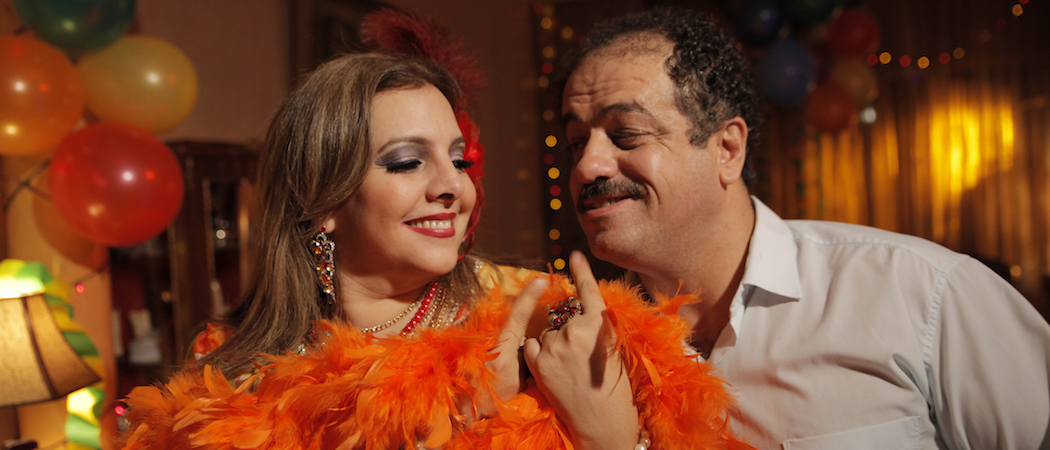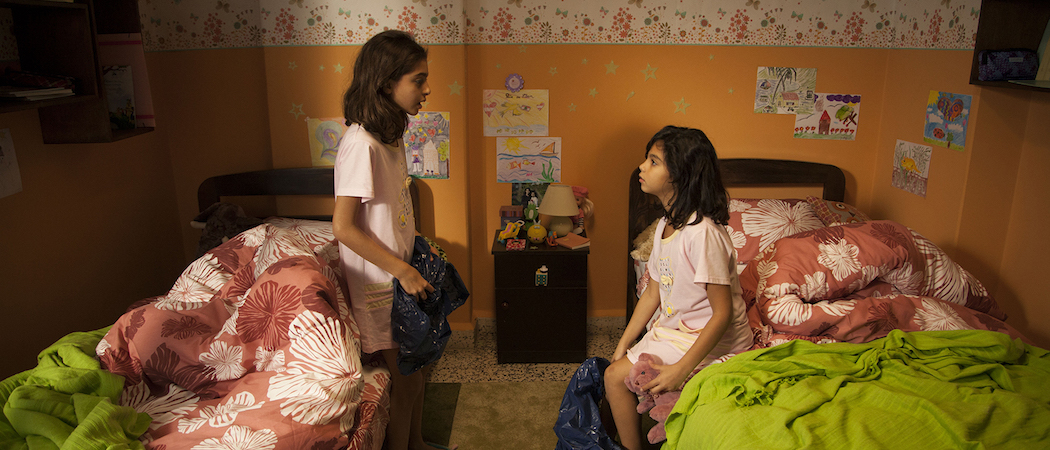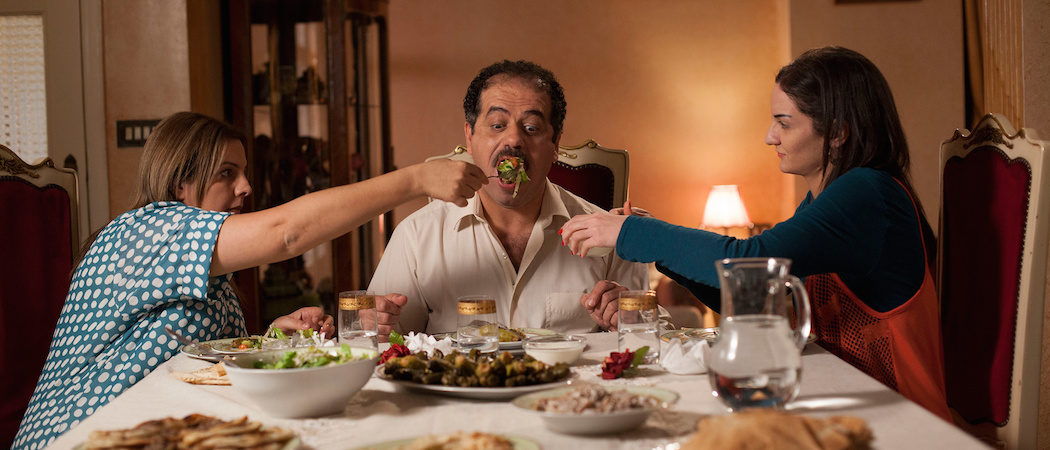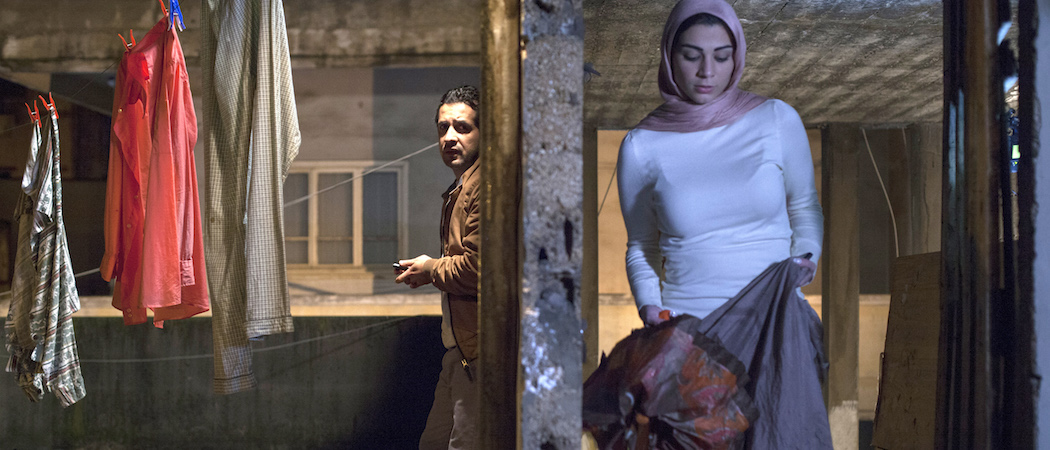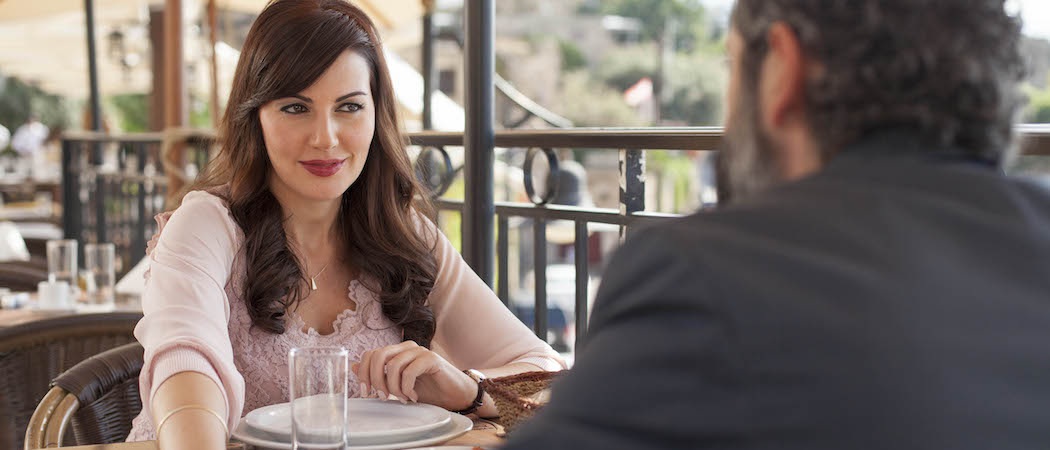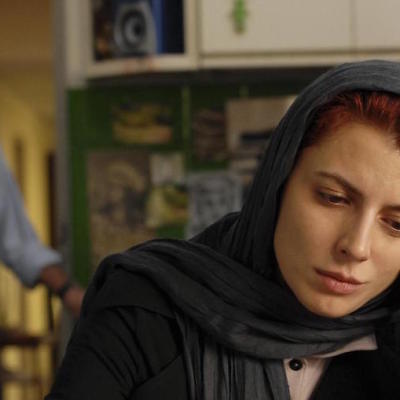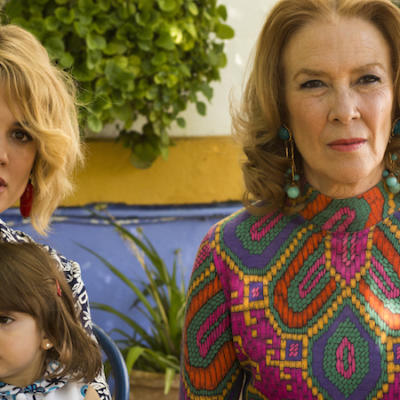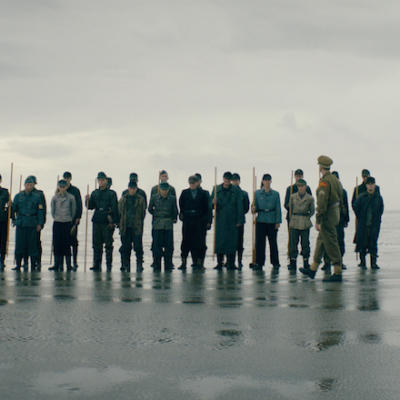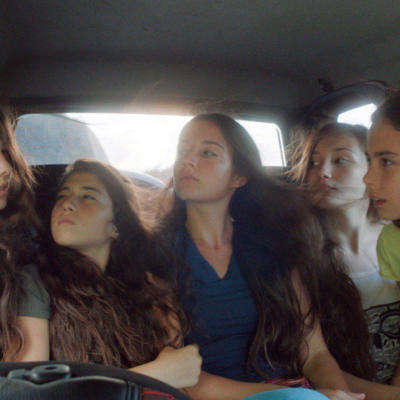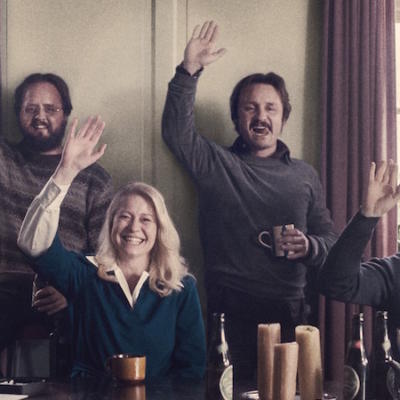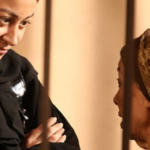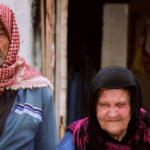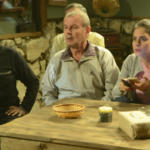On Thursday July 21st, Halal Love (and Sex) will open the Arab Film Festival Australia at Riverside Theatres, Parramatta.
A festival favourite at Sundance, Dubai and Rotterdam, Halal Love (and Sex) allows for a peak into the lives and relationships that operate under Islamic Law. Director and Writer Assad Fouladkar presents a romantic comedy based in Beirut, introducing the lives of three couples and how their values and expectations in love impact their lives as well as their family, friends and the community.
Shining a light on the strict religious rules that must be adhered to in relationships, Halal Love (and Sex) is a heart-warming drama that delights and shocks at the same time, while providing insight to Muslim faith and how it is incorporated into relationships.
Eye-opening and informative about the constant struggle of love and faith, Halal Love (and Sex) is a wonderful film that provides a healthy dose of both comedy and drama. The film elicits a variety of emotions as the audience follows two married couples in their daily lives, and a divorcee as she fights the expectations from her community and family in pursuit of following her heart.
After one too many public arguments ending in “I divorce you” Newlyweds, Mokhtar, (Hussein Mokaddem) and Batoul (Zeinab Hind Khadra) find themselves meeting in secret after Batoul moves back home with her family. Initially comedic, their marital disputes are entertaining and relatable due to the understanding that love, although a wonderful experience can make us feel and do crazy things.
However, suspicion of unfaithfulness leads to upsetting and disturbing domestic violence. Batoul is physically and verbally abused by her husband, labelled a “slut” and a “whore." The women of the family rush to her aid as the men struggle to hold Mokhdar away from coming closer. Realising what he has done and desperate to get Batoul back, Mokhtar pleads with her family for them to re-unite.
Determined to make their marriage work, Mokhtar learns that after divorcing three times according to Islamic Law, Batoul must marry another man before he can be with her again.
Next door to them lives long-term married couple Salim (Ali Sammoury) and Awatef. (Mirna Awatef) Showcasing a real taste of the daily struggles and expectations of married life that most have encountered, Fouladkar brilliantly shows this through these two very likeable characters.
Struggling to keep up with her husband's high sex drive, Awatef arranges to meet with the family of “Bardot” (Fadia Abi Chahine) - the eldest of a suitable family, she remained unmarried as her father drove away all suitors. Relatable and incredibly funny, Awatef takes matter into her own hands so she can have a much needed break from her husband's sexual advances.
A refreshing approach to how the Muslim community is often portrayed, Awatef holds the power in the relationship with her loving husband who has an undying love towards his wife. Mirna Awatef provides a fantastic performance showcasing just how persuasive and dominant women can be behind closed doors. With comments such as “I’m always right.” And “She can help you out when I am tired” depicts a playful and unexpected turn on the traditional dynamic of relationships where it is often considered that men are the ones who hold dominance in marriage and relationships.
In the film's third story, warm-hearted Loubna (Darine Hamze), after a failed arranged marriage, sparks conversation with owner of local grocery Abu Ahmed (Rodrigue Sleiman), the man of “her dreams.” Unable to marry him in the past due to her parents disapproval, Loubna reassures him that she “is an adult now.” Loubna embarks on a journey of self-discovery, at the same time acknowledging her dreams of moving to Australia with her brother and opening a clothing store.
Due to the realization that he is already married, Abu and Loubna choose to embark on a secret temporary marriage known as “nikah mut’ah.” Unhappy in his current marriage, Abu lovingly says to Loubna during their embrace, “This is how every marriage should be” to which she poignantly replies “If only.”
